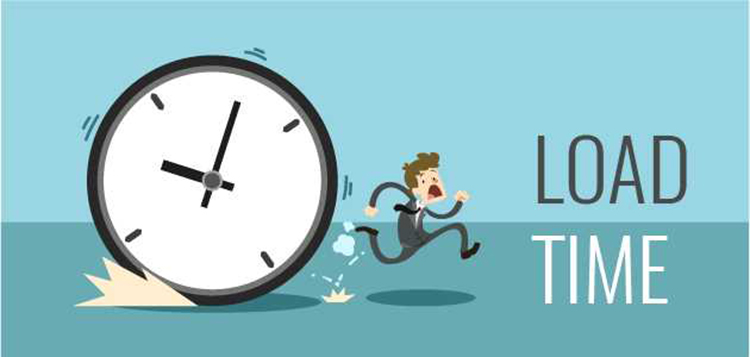If a potential customer has to wait ages until your website loads, he or she gets frustrated and disillusioned. Slow page loading is the key reason for high exit rates. Recent studies suggest that modern users expect a website to load during 2 seconds. If it takes longer, visitors are likely to close the page and open website of competitors with better performance. Let’s figure out how to improve website speed and user experience.
Mobile Site
It is always useful to have a mobile version of a website, because half or even two-thirds of users access web-sites via mobile phones. This is a growing trend, because the number of smartphone users constantly increases. However, mobile versions of websites usually load slower than traditional ones. You can’t use the same code of web version for mobile version. When testing the speed of pages, check it on both mobile and web versions.
How to check loading speed?
This is a simple task, because there are many free tools around. For example, Page Speed Online is a tool from Google Labs. It can be used as an extension or web-based tool. After measuring the speed it will suggest how to improve performance.
How to improve web page speed?
- GZIP compression. Of course, you don’t want to sacrifice the quality of your images to make your site load faster. But with GZIP compression you don’t have to. This type of compression may reduce the size of images by 70% without affecting graphics.
- Save scripts and CSS as external files. This way, your site will need to load them up once, and then it will work perfectly. That means that individual pages will load more quickly.
- Use caching and CDN (content delivery network). Having your static content cached on several servers you will make pages load much faster. CDN solution will serve your pages to users from different regions quicker while offloading the origin server and providing better protection.
How fast should my pages be in 2017?
Studies show that every additional second of loading may affect conversion rates by 5-7%. If your site loads within 1-2 seconds, exit rate will be less likely to be conditioned by performance. It has been stated that users expect a website to load within 2 seconds. But why not exceeding visitors’ expectations in 2017? Try to reduce page load to 1 second, and watch conversion rates flush.




in social networks